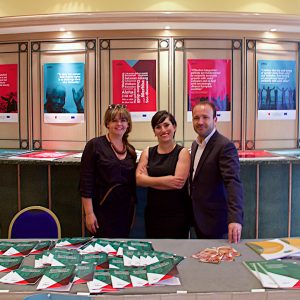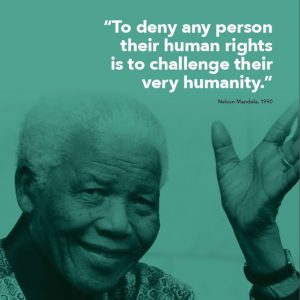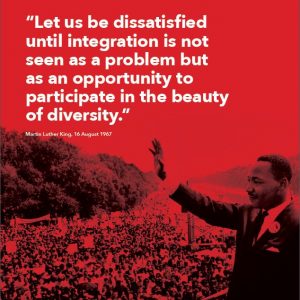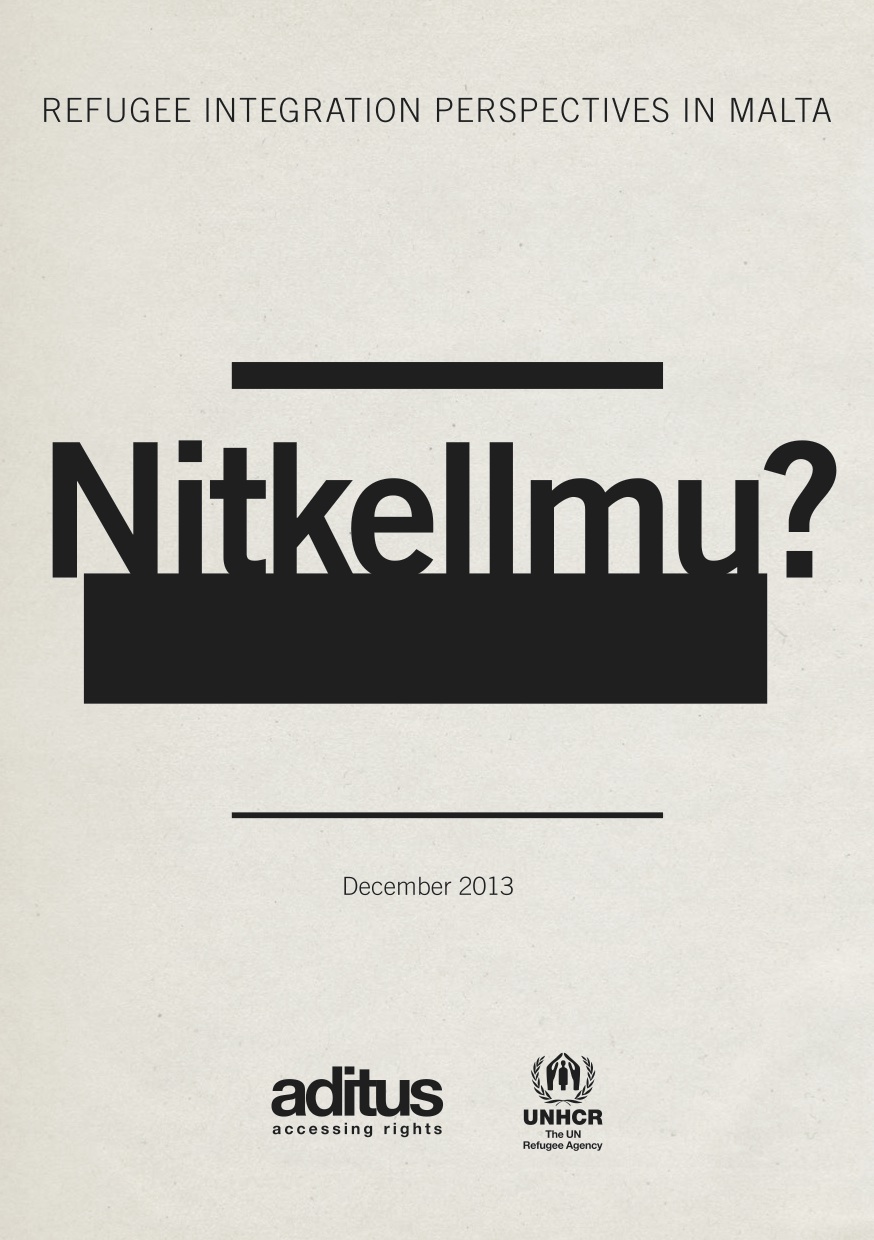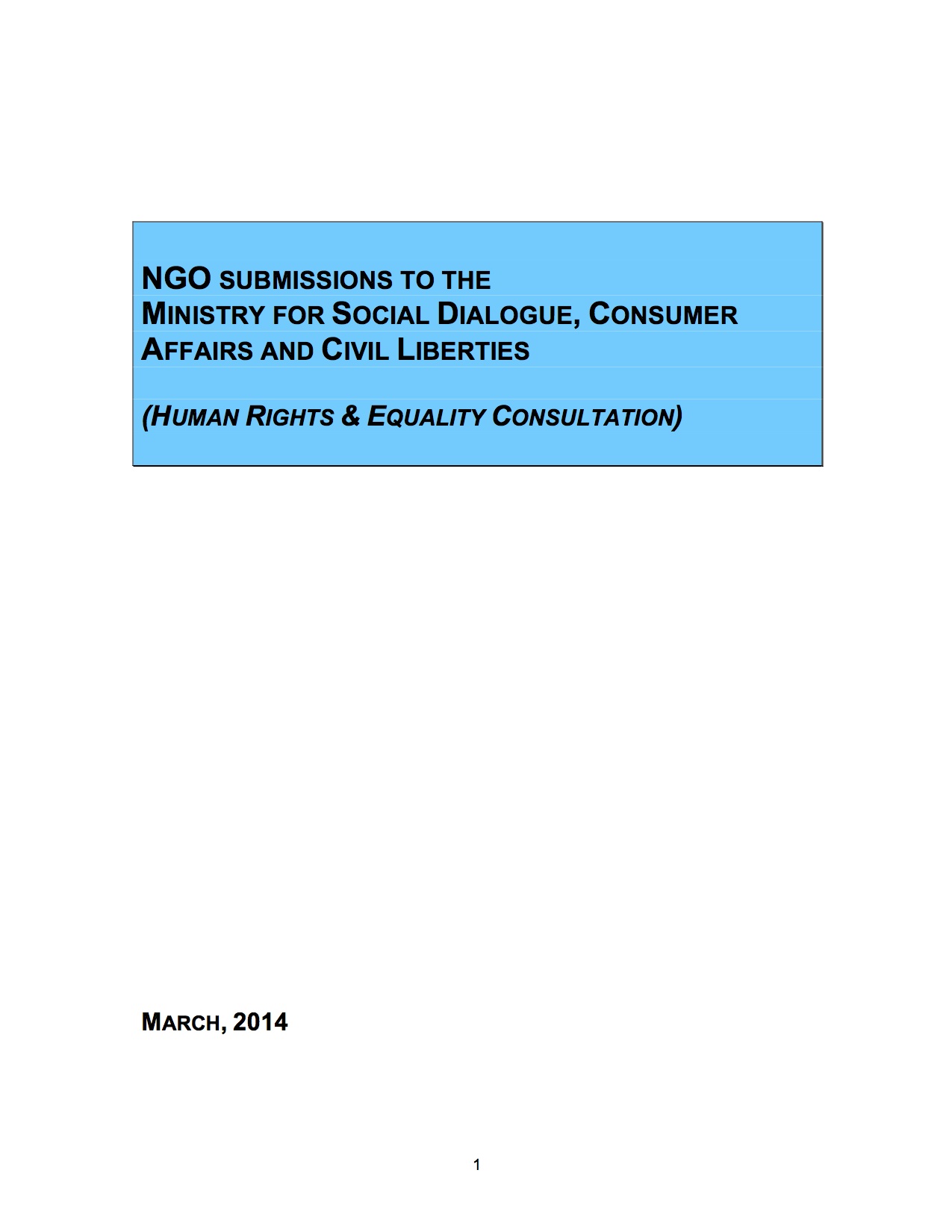On the 26th of June, 2015 aditus foundation put together an NGO space that showcased our findings of the MIN II Project contained in our new publication Malta Integration Network II: Policy Indicators for Migrant Integration.
Together with our project findings, the Integration Café exhibited other materials on integration that have been developed by us and other civil society organisations. Materials published by the Jesuit Refugee Service Malta, PHROM and SOS Malta, as well as the Joint NGO Submissions to the Public Consultation on National Migrant Integration Strategy 2015 – 2020, were made available to the public.
In a conference room adjacent to the Cafe, the Ministry for Social Dialogue, Consumer Affairs and Civil Liberties (MSDC)’s National Conference on The Integration of Third Country Nationals in Malta took place.
Neil, our Director, represented civil society working with migrants in a panel discussion focusing on Where are we now? Current Challenges and Considerations, whilst our guest Thomas Huddleston, Policy Analyst, Migration Policy Group, was a keynote speaker focusing on Malta and the Migrant Integration Policy Index (MIPEX) 2015 in practice.
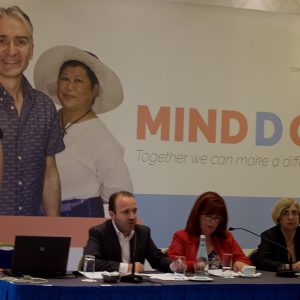
Neil presenting our recommendations
For more information on the project and its recommendations email: carlacamilleri@aditus.org.mt
With the co-financing support of the Ministry for Social Dialogue, Consumer Affairs and Civil Liberties (MSDC).

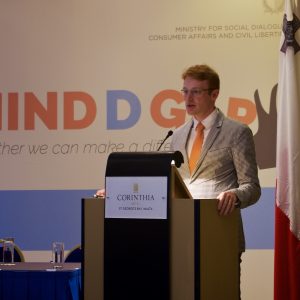
Thomas Huddleston, MIPEX

